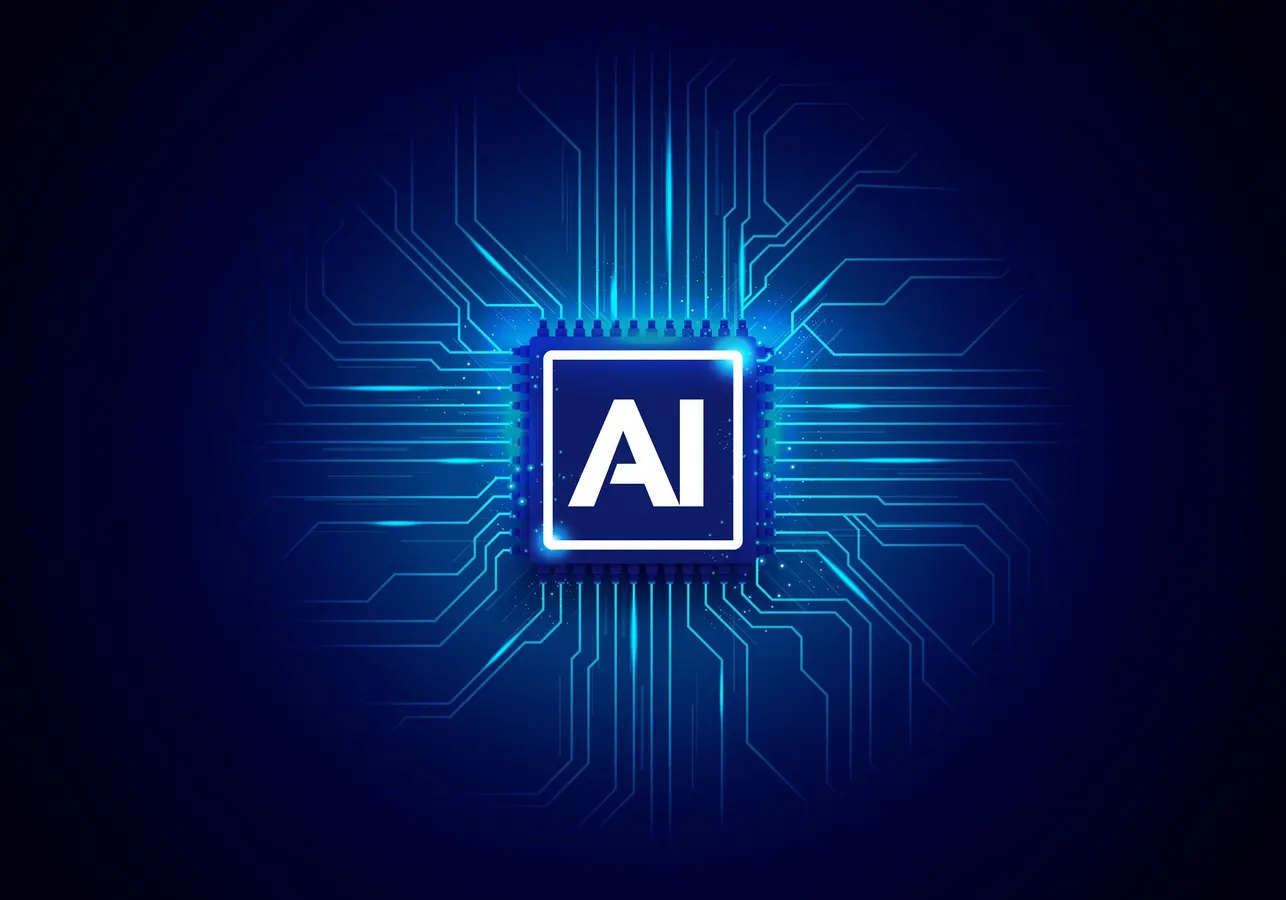Despite the introduction of protocols designed to prevent unauthorized data scraping, AI companies continue to harness advanced technologies to gather data from websites. This practice has significant implications for privacy, intellectual property, and website performance.
Overview of AI Web Scraping
AI web scraping involves automated bots that navigate the internet, collecting data from websites to train AI models. These bots use sophisticated methods like CAPTCHA solving and IP rotation to mimic human behavior and bypass anti-scraping measures.
Increased Blocking Efforts by Websites
In response to unauthorized scraping, many major websites have implemented measures to block AI crawlers. For instance, well-known news publishers and commercial sites have been proactive in using robots.txt files and more sophisticated IP-based blocking strategies to prevent access by AI bots like GPTBot, Google’s crawler, and others.
Ethical and Legal Challenges
The scraping activities of AI companies have stirred ethical and legal debates. While AI companies argue that scraping is essential for developing robust AI models, website operators are concerned about copyright infringement and data privacy. This contention has led to several lawsuits, with entities like The New York Times and Getty Images calling for more regulated use of their content.
Implications of Blocking AI Crawlers
Blocking AI crawlers can protect a site’s content and reduce server load, enhancing user experience. However, it also poses challenges for research and development in AI, potentially stifling innovation by limiting access to diverse datasets.
The dynamic between AI companies and website operators is complex, involving technological, ethical, and legal dimensions. As AI continues to evolve, so too will the strategies for both utilizing and protecting online content. Striking a balance that respects both innovation and intellectual property rights will be crucial for the sustainable advancement of AI technologies.






























